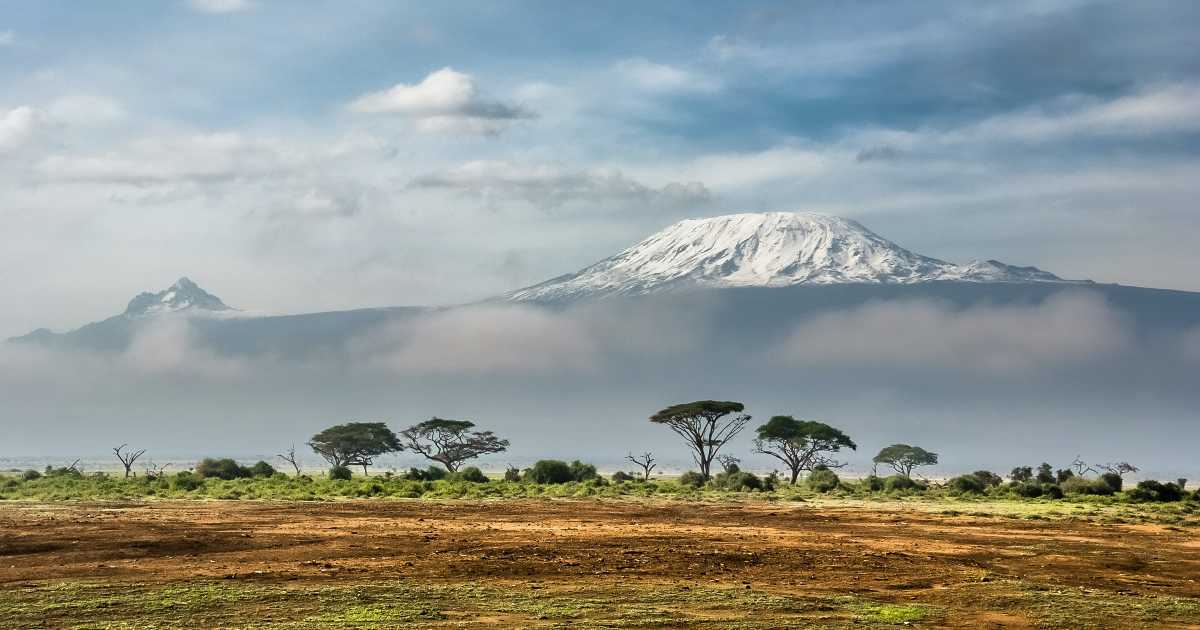When is the best time to visit Africa?
North Africa, including Morocco, Tunisia, and Egypt, has a Mediterranean climate, so spring and autumn are ideal. Central and West Africa are tropical regions where the dry season from December to March is the most pleasant. Southern Africa, including South Africa, Namibia, and Botswana, is best visited between May and October during the dry season, perfect for safaris. East Africa, with countries like Kenya and Tanzania, is ideal from June to October when the weather is cooler and wildlife viewing is at its best.
How to get to Africa?
The continent is well connected to Europe, Asia, and the Middle East. Major entry points include Cairo, Johannesburg, Addis Ababa, Nairobi, and Casablanca. International airlines such as Emirates, Qatar Airways, Turkish Airlines, and Ethiopian Airlines offer frequent direct flights.
- Main airports by region: Cairo (North), Addis Ababa (East), Johannesburg (South), Casablanca (West).
- Direct flights from London, Paris, Istanbul, and Dubai.
- Example durations: Paris to Cairo (4.5 hours), London to Johannesburg (11 hours), Dubai to Nairobi (5 hours).
- Africa has important ports that welcome cruise ships from Europe and Asia.
- Main ports include Cape Town, Durban, Alexandria, and Lagos.
- Africa connects to Asia via the Sinai Peninsula.
- Overland travel is possible between neighboring countries but requires careful planning due to road conditions and border crossings.
How to travel within Africa?
Air travel is the fastest option for long distances, with regional airlines such as Ethiopian Airlines, Kenya Airways, and South African Airways operating frequent routes. Buses and minibuses are the most common form of transport across the continent.
In North Africa, roads and rail networks are well developed, especially in Egypt, Morocco, and Tunisia. In Southern Africa and Namibia, self-driving is popular thanks to safe and well-maintained roads. In Central and West Africa, travel can take longer, so planning is essential. Safari tours often include private transport and guides, particularly in Tanzania, Kenya, and Botswana.
Top destinations in Africa
Egypt is world-famous for the Pyramids of Giza and the Valley of the Kings in Luxor. Morocco captivates with cities like Marrakech and Fez. In East Africa, Kenya and Tanzania offer legendary safaris where you can see lions, elephants, and zebras in their natural habitat.
In Southern Africa, Cape Town and Kruger National Park are must-visit destinations, while Namibia offers the dramatic Namib Desert and its towering dunes. Ethiopia, one of the oldest civilizations, features ancient monasteries and rugged highlands. Madagascar is unique for its wildlife found nowhere else on Earth, while West Africa—Senegal, Ghana, and Nigeria—offers rich culture, music, and vibrant traditions.
Accommodation across Africa
In major tourist areas such as Cape Town, Zanzibar, and Marrakech, hotels are modern and comfortable, with prices ranging from 60 to 200 euros per night. In rural regions, accommodation tends to be simpler but very hospitable and authentic.
Food and cuisine in Africa
North Africa is famous for dishes like couscous, tagine, and harissa. East Africa features rice, vegetables, and meat stews, while West Africa is known for peanut-based dishes, fish, and maize. Southern Africa blends local and European flavors, offering barbecue known as “braai” and excellent wines from the Stellenbosch region.
Ethiopia’s traditional dish, injera, is served with spicy stews like doro wat. Islands such as Zanzibar and Mauritius mix African, Indian, and Arab cuisines, resulting in a unique and aromatic food culture.
Culture and people of Africa
Festivals like the Cape Town Carnival, the Festival of Masks in Nigeria, and Timkat in Ethiopia showcase the continent’s creativity and spirituality. Africans are known for their warmth, humor, and hospitality, making every trip a deeply personal and unforgettable experience.
Geography and climate
The Sahara, the world’s largest desert, dominates the north, while the Congo rainforest fills the center. East Africa features the Great Rift Valley and Mount Kilimanjaro, the continent’s highest peak. The south is covered with savannas, mountains, and vineyards, and islands like the Seychelles, Zanzibar, and Madagascar offer tropical paradise landscapes.
The climate ranges from hot deserts to humid tropics and mild highlands. Average temperatures vary between 10°C in mountain regions and 35°C in deserts. Rainy seasons occur in central and western Africa, while southern regions remain dry and comfortable from May to October.
Useful travel information
- Visa: Most countries require a visa, though many offer visa on arrival.
- Currency: South African rand (ZAR), Egyptian pound (EGP), Kenyan shilling (KES), Moroccan dirham (MAD).
- Safety: Tourist zones are generally safe, but caution is advised in large cities.
- Health: Yellow fever vaccination is required for some countries; tap water is not always safe.
- Transport: Air and bus travel are most common; taxis and guides are available in major cities.
- Emergency number: 112 or local equivalents.
- Regional organizations: African Union (AU), ECOWAS, SADC.




